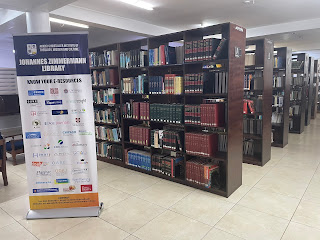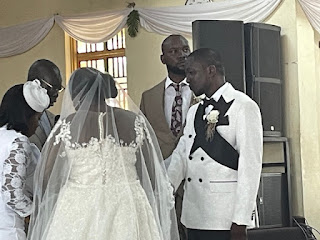One day when Simon’s wound was being treated by the Street Children Ministry (SCM), a young man came up to us. Looking at Simon’s wound, he audibly and publicly exclaimed, “He is finished!” (meaning, he will die!) I understood the young man’s sentiment. That is exactly what I thought when I first saw Simons’ wound. However, in that tender and significant moment, I responded gently but firmly to the young man, “We do not know.” Simon was sitting there under my arms, wincing in pain, having his wound cleaned for the second time; though his English is limited, Simon heard this exchange. I can only wonder what he was thinking.
Simon Akol is from Gogrial in Bahr Al Ghazal State. His father died and his mother left Simon and his younger sister when Simon was only seven years old. His mother had joined the Sudanese army and left for Darfur. Simon and his sister went to live with their mother’s sister, but Simon was forced to leave after a disagreement. Girls, apparently, have it a bit easier as bride wealth remains a hope and promise for their family. For boys and young men, their lot is different. Placed in vulnerable family situations, they are often left to fend for themselves and find their own way. Having to abandon any hopes for education, they ply the streets selling sundry items or perform menial work in the kitchens of small make-shift restaurants, doing work which others are unwilling to do. Simon decided to join a group of youth to come to Juba to see if they could improve their lot. Simon worked for a foreign merchant for a while, but then he was afflicted by this wound.
The four of us have become “a team” of support for Simon. Achuil currently leads SCM. He and his colleagues and the children of the children’s home visit Simon every day at the military hospital, giving Simon money for breakfast and bringing him food for dinner from their home each day. Daniel Aleek is a student at Nile Theological College (NTC). Daniel has become a friend to me; he is from the same area as Simon. Daniel has served as a valuable source of encouragement and spiritual support to Simon. If Simon decides to return to his home region, Daniel will connect him with one of the churches which Daniel helped to start in that area. Juma is our trusted rickshaw driver. Juma has been involved in the care process from the beginning, helping with transportation needs, but also directly asking Simon questions about his situation so that we can better understand how to help. Lastly, I have been involved (with Kristi’s support) with initial wound care visits, visiting Simon at the hospital, and helping with medical needs. Interestingly, government hospitals in South Sudan do not have medical supplies. Thus, it behooves the family of the patient to buy all of the wound care dressings, antibiotics, and other medical supplies for treating the patient. As long as these items are provided, the hospital can accept to continue caring for the patient with a minimal charge for the hospital bed.
Simon has been in good spirits during our last two visits. Juba took him to the market to find some green sandals which he likes very much, and we found some crutches to help with mobility. Kristi also connected with a local Christian organization which donated an audio Bible in the Dinka language for Simon. We are now working with Simon to understand his hopes for the future. Simon is twenty years old; it seems that he would like to return to his home region. He hopes that we can help him with income generation. Two ideas he has expressed are buying a motorcycle so that he can be a “boda driver” (motorcycle taxi). His other idea is to start a charging station for cell phones. His schooling was interrupted at the level of primary six; thus far, it seems that he would prefer to work than return to school.
Please pray with us for Simon. He has become a younger brother to us. Regarding the ‘team’ mentioned above, Simon is the center of our team, demonstrating a courageous spirit, a commitment to healing, and exhibiting hope for his future. May our good Lord bless Simon. May the return and blessing which Simon brings to his family far extend the payment of cows his family would receive as “bride price” for a girl. May it be so!
Simon Akol, Daniel Aleek, Juma

















%20(2).jpeg)
%20jpeg.jpg)



















.jpg)










.jpg)
%202.jpg)
%203.jpg)
%204.jpg)

